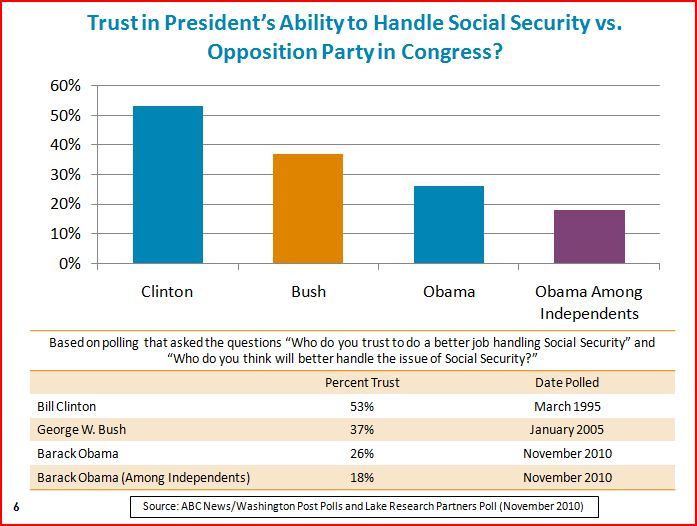“Punting the Pundits” is an Open Thread. It is a selection of editorials and opinions from around the news medium and the internet blogs. The intent is to provide a forum for your reactions and opinions, not just to the opinions presented, but to what ever you find important.
Thanks to ek hornbeck, click on the link and you can access all the past “Punting the Pundits”.
John Nichols: Obama’s ‘One Nation’ Speech: A Little FDR, A Little Reagan, A Lot Like Ike
President Obama used his second State of the Union Address to deliver a muscular defense of Social Security, the crown jewel program of the New Deal that progressives had feared was under threat as the president triangulated to the right following November, 2010, election setbacks for Democrats.
Explicitly acknowledging his disagreement with key recommendations made by his own bipartisan Fiscal Commission, Obama told the assembled members of Congress that it was necessary to “find a bipartisan solution to strengthen Social Security for future generations. And we must do it without putting at risk current retirees, the most vulnerable, or people with disabilities; without slashing benefits for future generations; and without subjecting Americans’ guaranteed retirement income to the whims of the stock market.”
Obama’s defense of Social Security – along his willingness to outline plans for at least some new stimulus spending — represents a victory of sorts for progressives who campaigned ardently in recent weeks to avert a sharp turn to the right by a president who was shaken by November, 2010, election setbacks for Democrats.
Dana Milbank: Michele Bachmann’s alternate universe
The president was lofty.
“We will move forward together, or not at all – for the challenges we face are bigger than party, and bigger than politics,” he said in his State of the Union address.
The official Republican response, too, aimed high.
“Americans are skeptical of both political parties, and that skepticism is justified – especially when it comes to spending,” said Rep. Paul Ryan of Wisconsin. “So hold all of us accountable.”
And then there was Michele Bachmann.
As the leader of the Tea Party Caucus in the House, the Minnesota Republican gave her own, unauthorized response to the State of the Union, live from the National Press Club, filmed by Fox News, broadcast live on CNN and telecast by the Tea Party Express. It had all the altitude of a punch to the gut.
Laura Flanders: No Solutions at State of the Union
We know what the problem is: Jobs. 15 million still unemployed. A National Journal piece last week noted that the Great Recession wiped out what amounts to every U.S. job created in the 21st century. And jobs had already been leaving — for three decades.
That’s a bipartisan problem-remember who passed NAFTA, which first opened the floodgates. As a commentator with the hardly radical Hoover Institute told the Journal — Instead of reinvesting the gains of globalization in improved plants or a higher quality of life work in the US, private companies privatized the profits and hired abroad. Driving down wages for them, and us.


Recent Comments